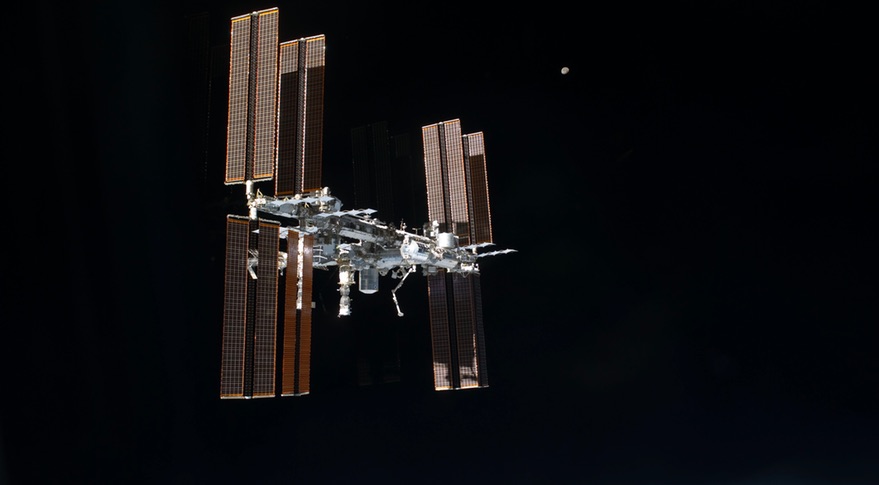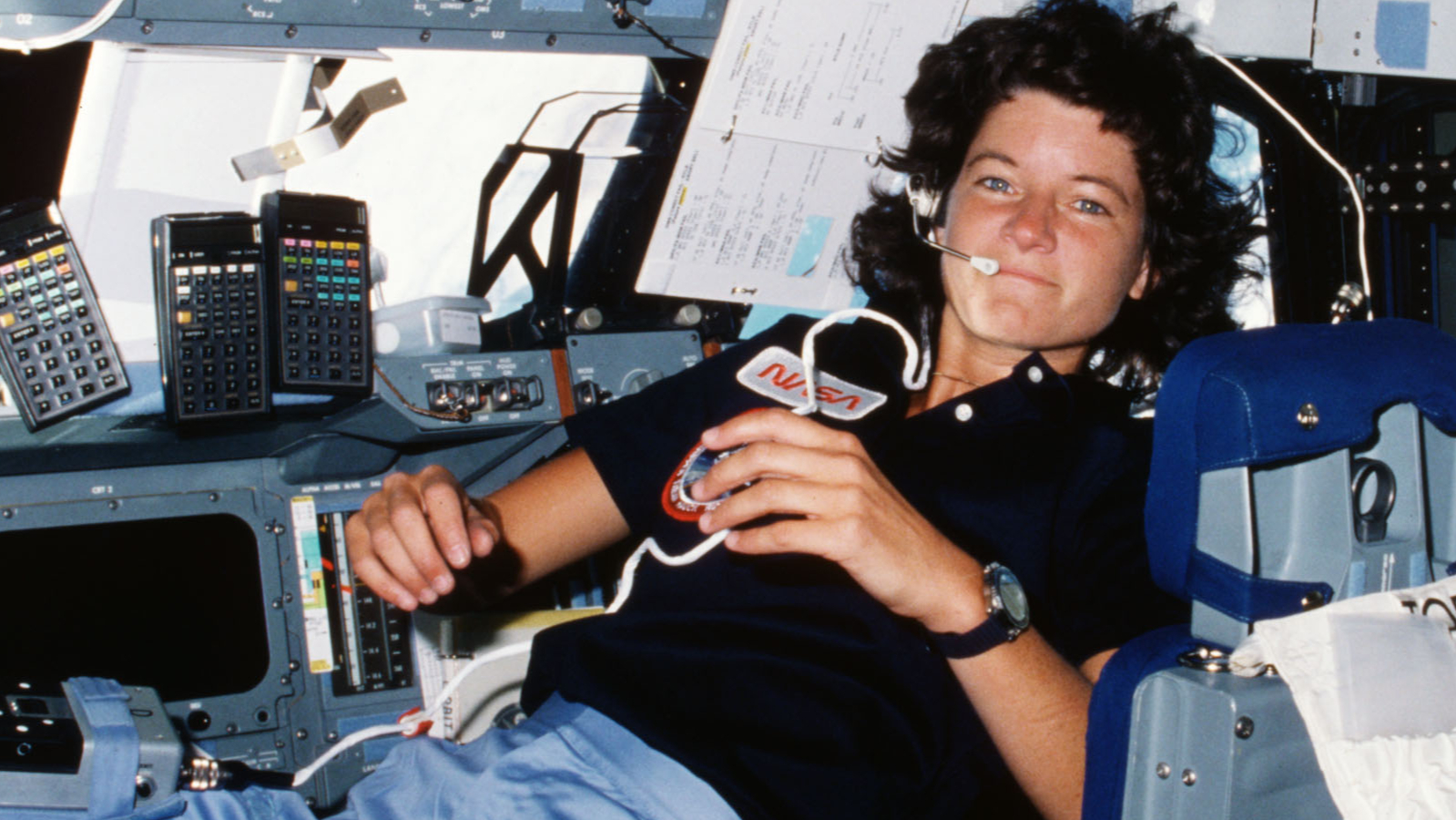Flat NASA Budgets Pose Risk to Researchers

WASHINGTON — The prospect of extended flat budgets for NASA has some scientists concerned that research funds could be raided to support other programs.
In a presentation April 19 to a microgravity research colloquium at the National Academies here, Gale Allen, acting chief scientist, said she had been warned at a recent agency meeting not to expect even increases to keep pace with inflation for the next five years.
"Right now it looks like our budget for the next five years will be flat. There isn't even an inflationary aspect to it," she said. At a meeting the previous day, she said, NASA Acting Administrator Robert Lightfoot said that proposed budget profile amounted to a cut of $3.4 billion over those five years because of decreased purchasing power.
The threat of flat budgets for the agency overall has scientists worried that research programs at NASA, like those that fund work on the International Space Station, could be targeted for deeper cuts in order to compensate for increases elsewhere in the agency.
"In tough times, and I'm talking about flat budget tough times, technology development and basic research seem to be the banker for everything," Allen said. "We don't want to be the banker."
Among those programs that could, under flat budgets, see research as that banker is a proposal to put a crew on the first launch of the Space Launch System, known as Exploration Mission 1 (EM-1). While current plans for that mission call for launching the Orion spacecraft on an uncrewed mission in cislunar space, NASA studied the possibility earlier this year of putting a crew on that flight, something agency officials have acknowledged would require additional funding to carry out.
Allen said that that NASA has completed that study and briefed it to both Lightfoot and White House officials, but it has not been cleared yet for public release. "We're waiting for a go-forward plan," she said. Officials previously said they expect a decision by the time the administration releases its detailed fiscal year 2018 budget proposal in mid-May.
Breaking space news, the latest updates on rocket launches, skywatching events and more!
Allen's comments gave some attendees of the meeting, part of a midterm review of a 2011 decadal survey on life and physical sciences research at NASA, a feeling a déjà vu given past cuts to research programs to cover work assembling the ISS or NASA's earlier Constellation exploration program.
"People have been burned very badly" by those earlier cuts, said one scientist in the audience during a question-and-answer session after Allen's talk. "Many of my colleagues simply have told me, 'I'm not working again with the expectation of reasonable support.'"
Allen urged scientists to develop compelling "stories" that explain the importance of their research to ensure their programs remain funded despite overall budget changes. She cited as one example that NASA will continue developing solar electric propulsion despite the agency's plans to cancel the Asteroid Redirect Mission because of the importance of that technology to other applications, including missions to Mars.
One scientist, though, urged those working in the field to have a Plan B. Charles Fuller, a professor at the University of California Davis, said in a panel session on biological adaptation to spaceflight that a lack of a well-funded NASA research program kept him from training students to do work in that field. "I can't even guarantee that I will have the longevity of funding necessary to support a student for the duration of a graduate program," he said.
Noting the presence of a number of students at the meeting, he added that he didn't want to discourage them from working in the field. "However, make sure you are qualified to get a job in a standard field," he said. "Learn the tools to do research in space, and how to ask the right questions, but don't rely on NASA."
This story was provided by SpaceNews, dedicated to covering all aspects of the space industry.
Join our Space Forums to keep talking space on the latest missions, night sky and more! And if you have a news tip, correction or comment, let us know at: community@space.com.

Jeff Foust is a Senior Staff Writer at SpaceNews, a space industry news magazine and website, where he writes about space policy, commercial spaceflight and other aerospace industry topics. Jeff has a Ph.D. in planetary sciences from the Massachusetts Institute of Technology and earned a bachelor's degree in geophysics and planetary science from the California Institute of Technology. You can see Jeff's latest projects by following him on Twitter.

